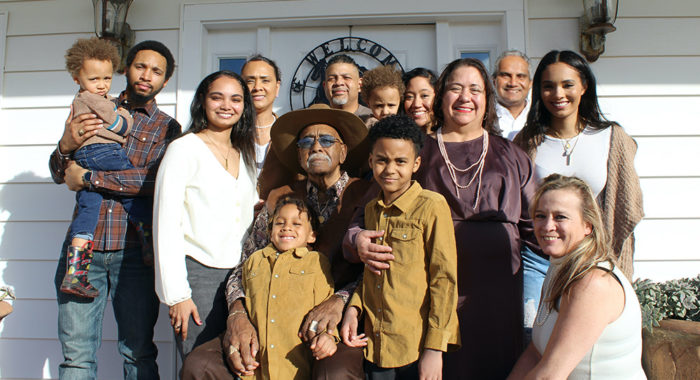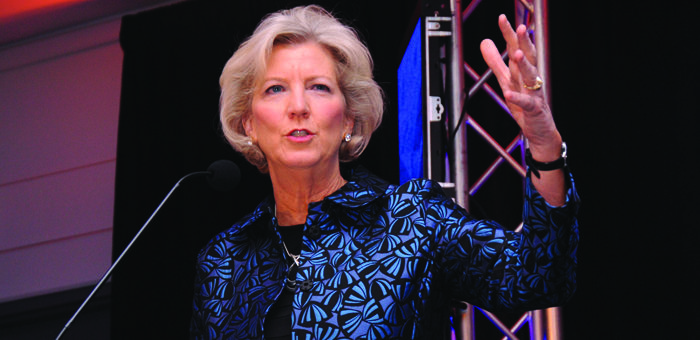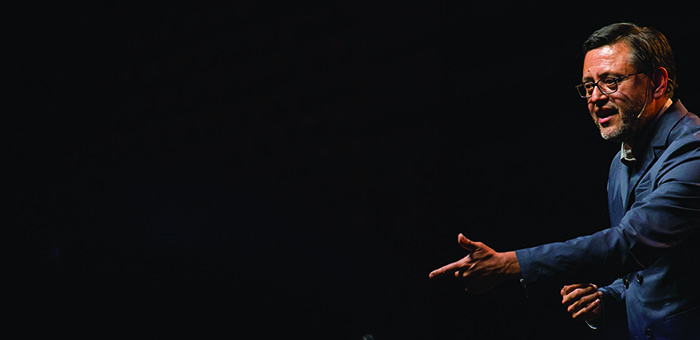Ninety-three percent of evangelical leaders have sent their children to public schools. Of those, 51 percent have exclusively used public schools, while 33 percent have used public and private, and 16 percent have used public, private and home schooling, according to the August Evangelical Leaders Survey.
“Just like most parents, evangelical leaders want the best for their children and for their communities,” said Leith Anderson, NAE President. “Sometimes that means home school, sometimes it means private school, but more often than not, it means public school.”
The evangelical leaders were asked “Are (or were) your children enrolled in private, public or home school during K-12?” They were also asked to only indicate the options that their children took part in for at least one year.
Leaders responding to the survey question on education noted the importance of spiritual training at home, engagement with the teachers and administrators, and community involvement.
Rocky Rocholl, President of Fellowship of Evangelical Churches, said, “For us, public school was the easiest way to engage with our local community. And, it kept us on our knees in prayer.”
Jim Eschenbrenner, Executive Pastor of Christian Union, added, “My wife and I chose public school but also chose to become very involved in the school. Each semester we invited teachers to our home for meals and also invited administrators to lunch on a regular basis. Even though our youngest graduated from high school 11 years ago, many of those relationships are still very important.”
Though public school was by far the most utilized school choice, 50 percent of the leaders have sent their children to private schools (though only 4 percent have used private education exclusively), and 17 percent have home schooled their children (only 2 percent home schooled exclusively).
James Tolle, Pastor of El Camino Church in Los Angeles, whose children have had public, private and home school experiences said he and his wife based their school choices on their review of the local schools and the schools’ relative influence on the students.
“My husband and I are blessed to have the resources to pick the best option for each of our children – knowing that every child may need something a bit different,” said Nicole Fulgham, President of The Expectations Project, an organization that works to engage faith communities in supporting struggling schools. “As Christians, I hope we will work to ensure that every child will have the opportunity to attend a high quality school. Millions of children growing up in poverty in the U.S. don’t yet have that chance.”
The Evangelical Leaders Survey is a monthly poll of the Board of Directors of the National Association of Evangelicals. They include the CEOs of denominations and representatives of a broad array of evangelical organizations including missions, universities, publishers and churches.



 View All Surveys
View All Surveys 









